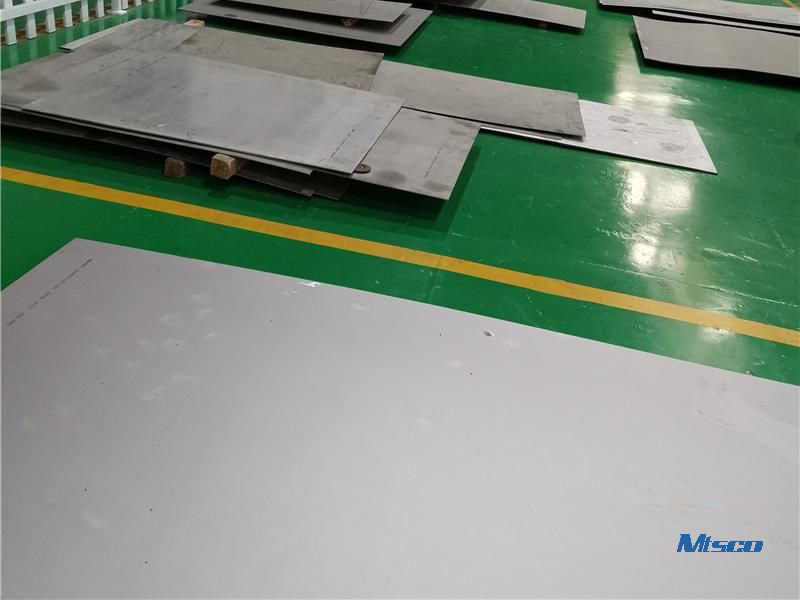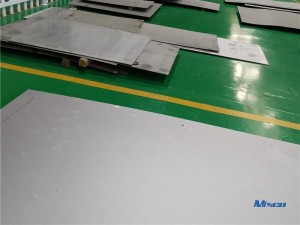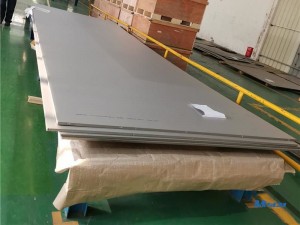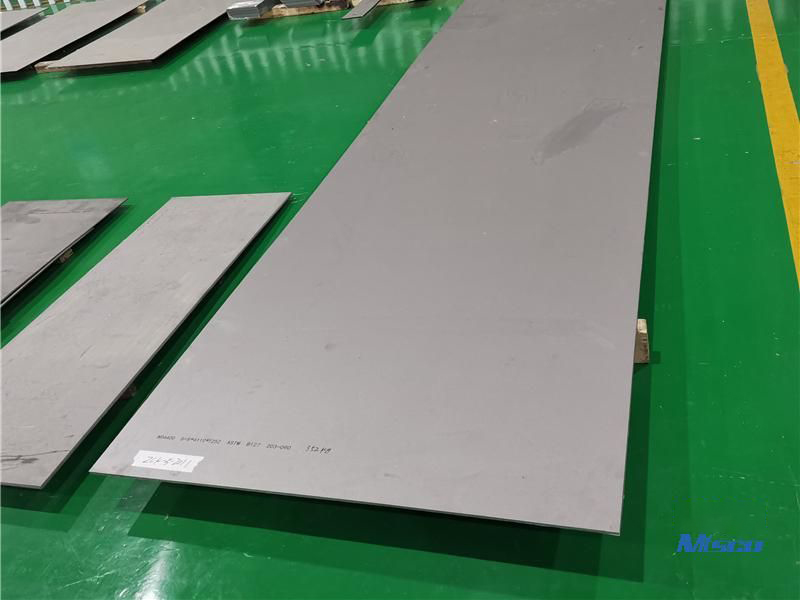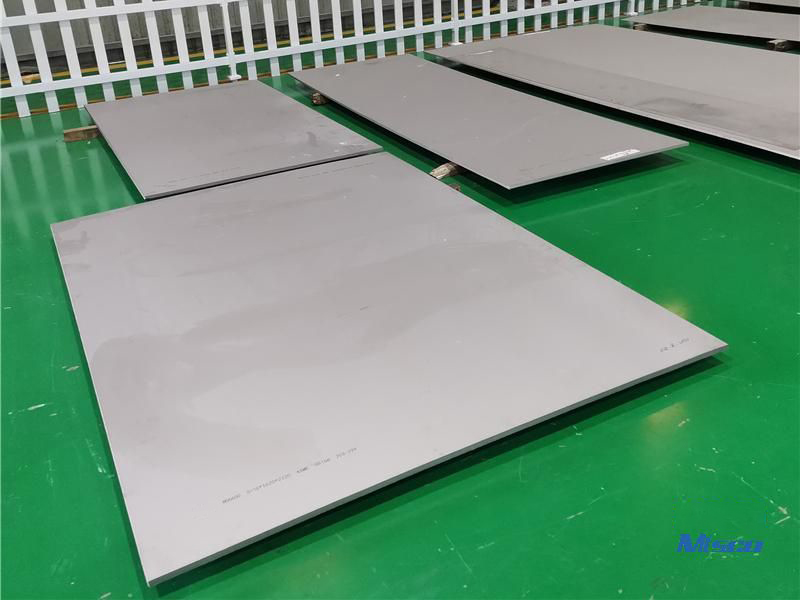Cobalt Alloy L605/ Haynes 25 Sheet With Cold Rolled
| Material | Cobalt Alloy |
| Grade | Hayness188,Haynes25(L-605),Alloy S-816,UMCo-50,MP-159,FSX-414, X-40,Stellite6B,etc |
| Standard | AMS 5608,5772,5796,5542/ ASTM F90 ,etc |
| Surface | Black, peeled, polished, or as required |
| Type | Cold Rolled |
| Packing | Pallet, Plywooden case, etc |
Advantages and Characteristics of Cobalt Alloy Sheets:
· High temperature resistance: Cobalt alloy sheets can maintain good mechanical properties and oxidation resistance in high-temperature environments. This has led to the widespread use of cobalt alloy sheets in fields such as aerospace, energy, and chemical engineering.
· Good corrosion resistance: Cobalt alloy sheets have good corrosion resistance in various environments, able to resist corrosion, oxidation, acid and alkali corrosion and other media. This makes cobalt alloy sheets widely used in corrosive environments such as chemical, petrochemical, and marine engineering.
· Biocompatibility: Some cobalt alloy sheets have good biocompatibility, can be compatible with human tissues, and do not cause allergic reactions or rejection reactions. This makes cobalt alloy sheets widely used in medical devices and biomedical fields, such as artificial joints, dental implants, etc.
· Processing performance: Cobalt alloy sheets have good processing performance and can be processed through processes such as cutting, bending, welding, processing, and surface treatment to meet the requirements of different shapes and sizes.
Size Range of Cobalt Alloy Sheets:
| Sheet | Plate | Strip | |
| Thickness | <6mm | ≥6mm | 0.15mm-3mm |
| Width | ≤1200mm | ≤2800mm | ≤1000mm |
| Length | ≤3000mm | ≤8000mm | As customer’s requirement |
Advantages and Characteristics of Alloy L605/ Haynes 25:
Appearance inspection: Inspect the appearance of cobalt alloy plates, including whether the surface is flat, without obvious scratches, cracks, oxidation and other defects.
Dimensional inspection: Measure the length, width, thickness and other dimensional parameters of cobalt alloy plates to ensure they meet the specified dimensional requirements.
Chemical composition analysis: Detect the chemical composition of cobalt alloy plates through chemical analysis instruments to ensure that they meet the specified range of alloy element content.
Mechanical performance testing: Conduct tensile, hardness, and other mechanical performance tests on cobalt alloy sheets to evaluate their strength, hardness, toughness, and other performance indicators.
Corrosion performance testing: Conduct corrosion performance testing on cobalt alloy plates, expose them to different corrosive media, and evaluate their corrosion resistance.
Temperature performance test: Conduct thermal stability and oxidation resistance tests on cobalt alloy sheets under high temperature conditions to evaluate their performance under high temperature conditions.
Other special tests: Depending on the specific application requirements, additional special tests may be required, such as metallographic microstructure analysis, ultrasonic testing, etc.


